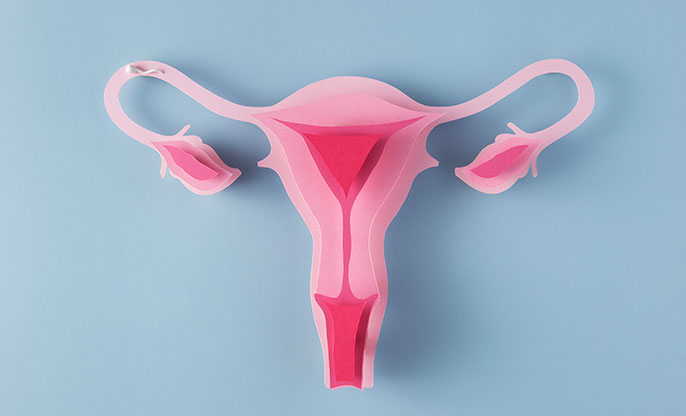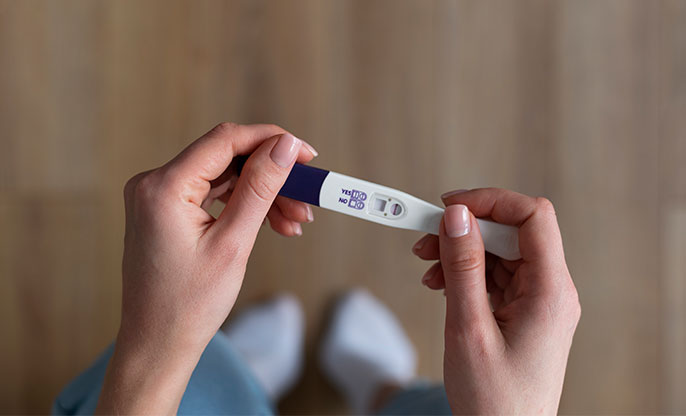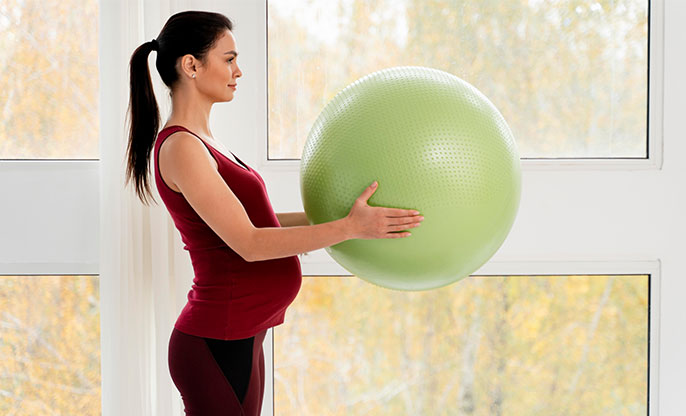
The Surprising Link Between Sleep and Fertility How Sleep Impacts Preconception
Sleep improves fertility
There's much to consider when you've decided to start a family. Diet, stress levels, and exercise are important factors to consider in the preconception period. But there's another factor that often gets overlooked: sleep. It may be a surprise, but getting enough sleep can improve your fertility!
Sleep quality and duration make a difference in the outcome of conception and pregnancy. It's not just about being well rested; studies have found that too much or too little sleep can take a toll on fertility—for both men and women.
Getting enough sleep can help boost fertility by ensuring your hormones are balanced. Too little or too much sleep has been linked to changes in hormone levels related to ovulation and conception. Additionally, when you don't get enough sleep, it increases stress levels in the body, leading to irregularities and changes in hormone production.
When you don't get enough sleep, your body won't be able to regulate hormones effectively, and this can cause your fertility to suffer. Lack of sleep causes the production of cortisol—a stress hormone—to increase while decreasing testosterone and other reproductive hormones like progesterone. This hormonal imbalance can make conceiving and maintaining a pregnancy more difficult.
Aside from the physical impact of lack of sleep on fertility, it can also affect the relationship between you and your partner. Stress from not getting enough rest appears to be a factor in couples taking longer to become pregnant, so ensuring you and your partner get plenty of quality rest is key to successful preconception planning.
Steps to Improve Sleep Quality
Get Regular Exercise
Develop a Bedtime Routine: Establishing a consistent evening pattern helps signal the body that it's time to wind down and relax.
Cut Back on Caffeine and Alcohol: Caffeine and alcohol act as stimulants, making it harder for you to drift off into dreamland.
Avoid Electronics Right Before Bed: The blue light from screens suppresses melatonin secretion, making it harder for us to fall asleep. Put away electronics an hour before bedtime and use this time for relaxing activities, like reading a book, journaling or taking a warm bath with essential oils, that help prepare your body for sleep.
Keep the bedroom cool—studies have shown that cooler sleeping temperatures benefit both sleep quality and fertility!
Sleep is a crucial factor to consider regarding fertility, both for women and men. Your body needs to prepare itself for conception, and your sleep patterns play a significant role. Ensure you get enough sleep, maintain regular sleep patterns, avoid excessive consumption of alcohol, and stay away from smoking.


































